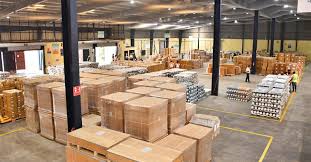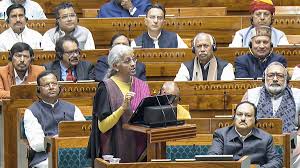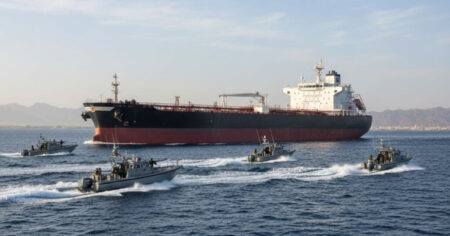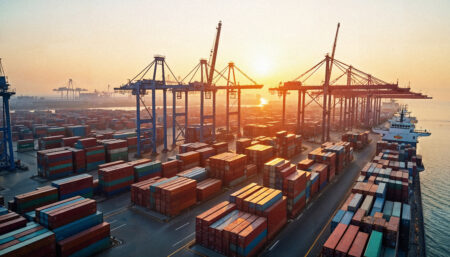Girish Belwal, General Manager – Logistics, Isgec Heavy Engineering, highlights the complexities of managing oversized and high-value shipments in India, addressing infrastructure limitations, regulatory hurdles, and the need for streamlined processes to enhance operational efficiency.

Project cargo operations in India, particularly those involving oversized and high-value shipments, are complex but manageable with the right strategies. One of the main areas for improvement is infrastructure. While some ports face challenges in handling large project cargo, enhancing facilities and equipment can lead to more efficient operations and reduced costs. Additionally, streamlining the state-specific regulations for Over Dimensional Cargo (ODC) can simplify logistics planning, minimising confusion and improving efficiency.
Effective management is essential, relying on clear communication among stakeholders like shipping lines, freight forwarders, and regulatory authorities to avoid delays and control pricing. While some infrastructure limitations, such as road conditions and skilled labour shortages, exist, addressing these can significantly improve project execution. By investing in better road networks and training skilled labour to handle specialised equipment, we can enhance safety and efficiency.
Overall, by focusing on these areas for improvement, we can create a more streamlined and effective environment for project cargo operations in India, leading to successful outcomes and contributing to the growth of the logistics industry.
Streamlining project cargo
Government policies can sometimes pose challenges for project cargo logistics. The lack of unified regulations leads to bureaucratic delays, making it harder to obtain permissions from multiple authorities. Additionally, complex documentation requirements can slow down customs clearance, impacting project timelines. However, there are opportunities for improvement. Streamlining these processes through a centralised regulatory framework and enhancing digital infrastructure for tracking shipments could significantly boost efficiency. By making these changes, we can facilitate smoother operations and foster a more effective logistics environment for project cargo.
Project cargo operations in India are complex but manageable with the right strategies
Global landscape
The current geopolitical and economic environment has presented significant challenges for project cargo operations. Rising fuel costs have led to increased transportation expenses, impacting project feasibility. To mitigate these financial burdens, companies are seeking government support in the form of subsidies or tax relief. Furthermore, external factors such as global supply chain disruptions can influence pricing and project timelines. Government initiatives aimed at promoting domestic manufacturing and reducing reliance on imports could be instrumental in addressing these challenges.
Streamlining customs clearance
Customs clearance and documentation for project cargo often face inefficiencies that can disrupt operations. Complex documentation requirements frequently lead to delays in customs clearance, while obtaining permits from multiple authorities can be time-consuming. Simplifying these processes and adopting a more integrated approach to permit acquisition would help reduce delays and improve overall efficiency. By streamlining customs clearance and documentation, both the government and industry can enhance the flow of project cargo, benefiting everyone involved in the logistics chain.
By addressing these challenges and implementing strategic improvements, India can enhance the efficiency and effectiveness of project cargo operations, driving growth in the logistics industry and fostering successful project outcomes.











